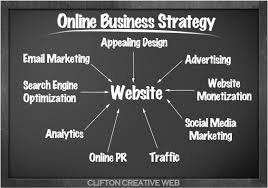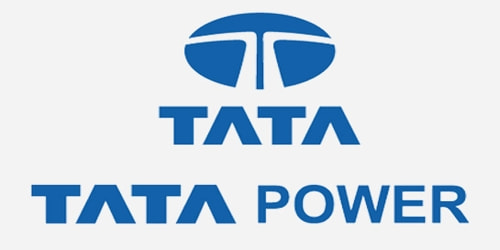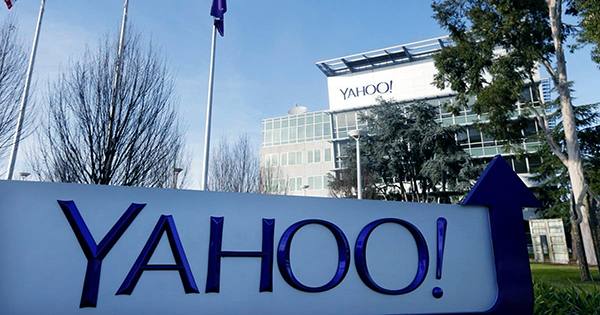The General objective of this article is to analysis about Define on Online Business Strategies and Marketing Skills. The necessity of a online representation is increasing day by day. It can be trending since the social media is probably the most energetic platforms and therefore there are many experts with this field to reinforce this manifestation. The aim of these promoting companies is not merely advertising rather it’s got a wider base of reach to be able to its people. In by doing this these companies improve the other online tools just like the SEO plus it holds a major share inside maintaining the web based reputation industry.
Define on Online Business Strategies and Marketing Skills
















